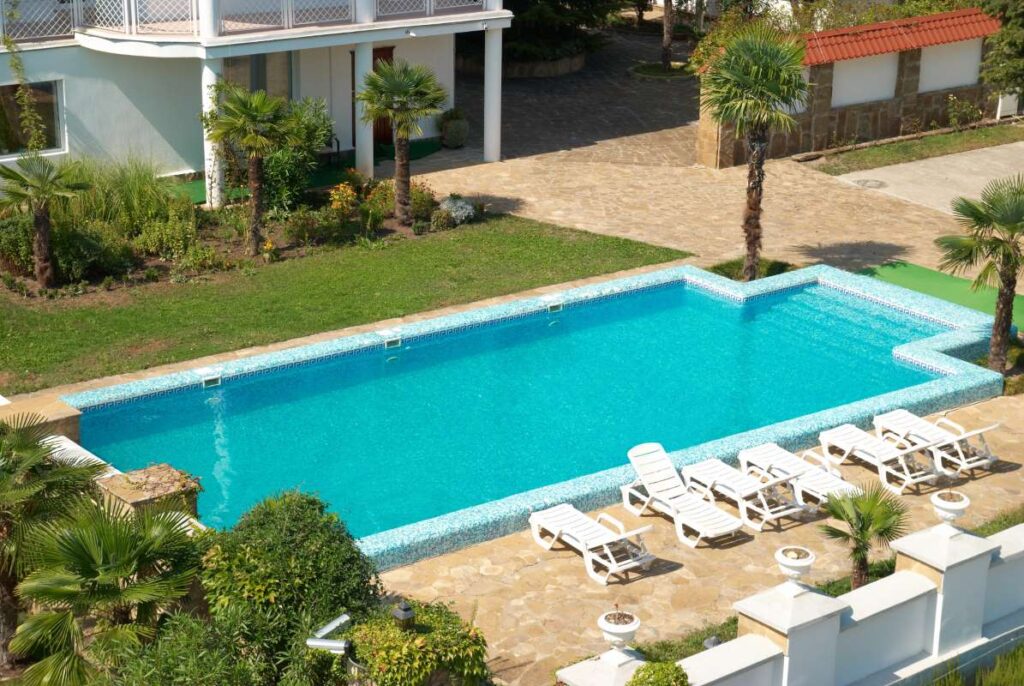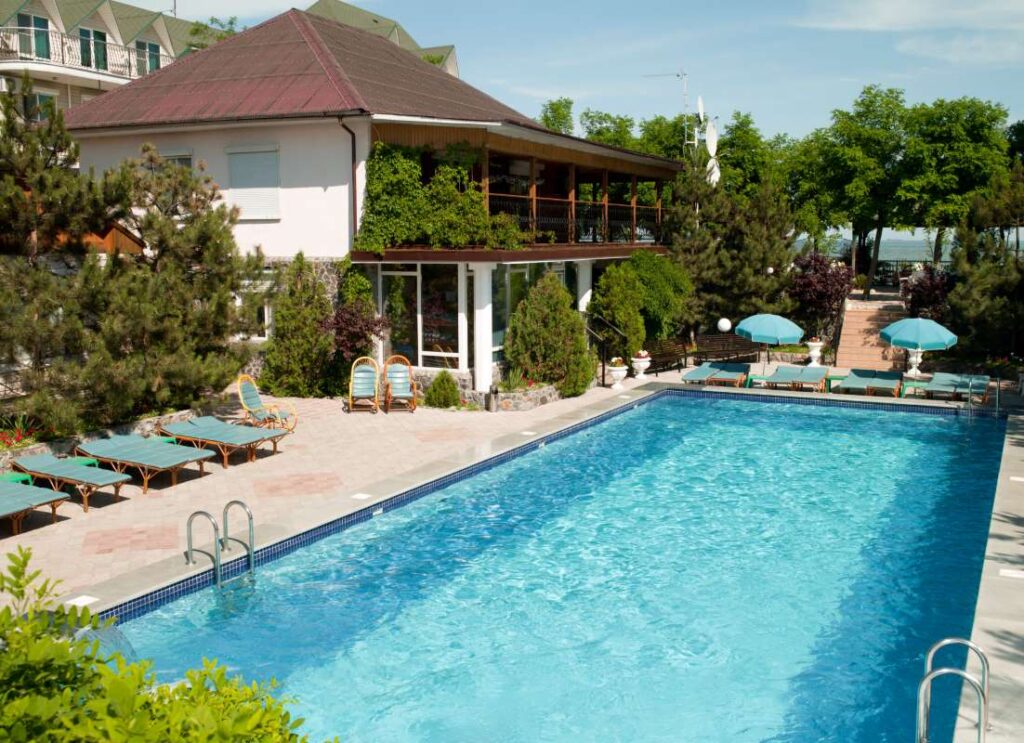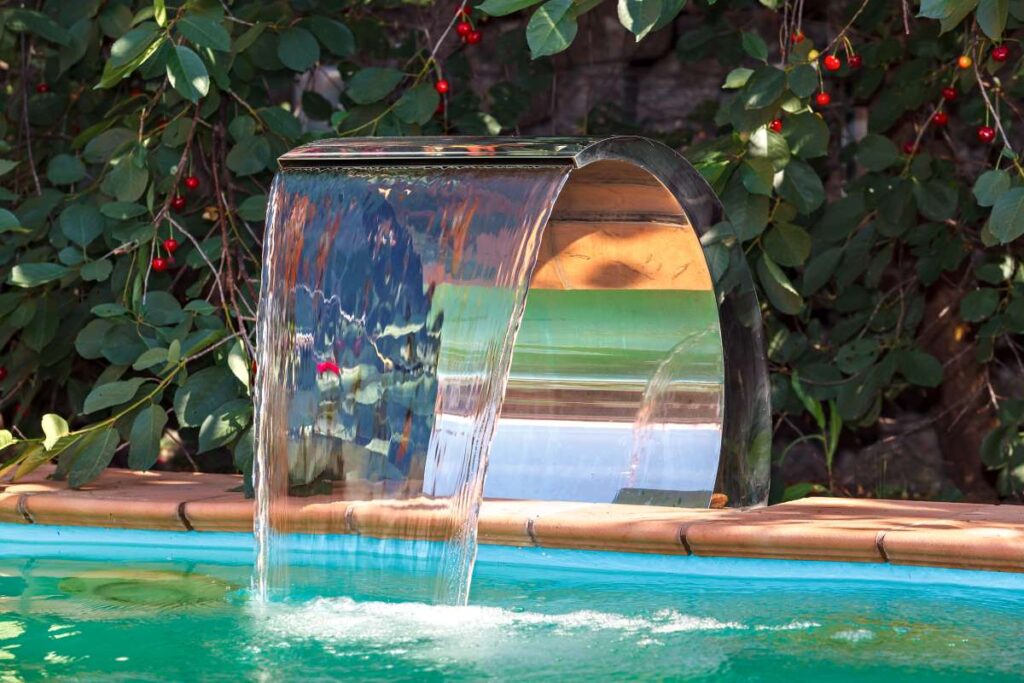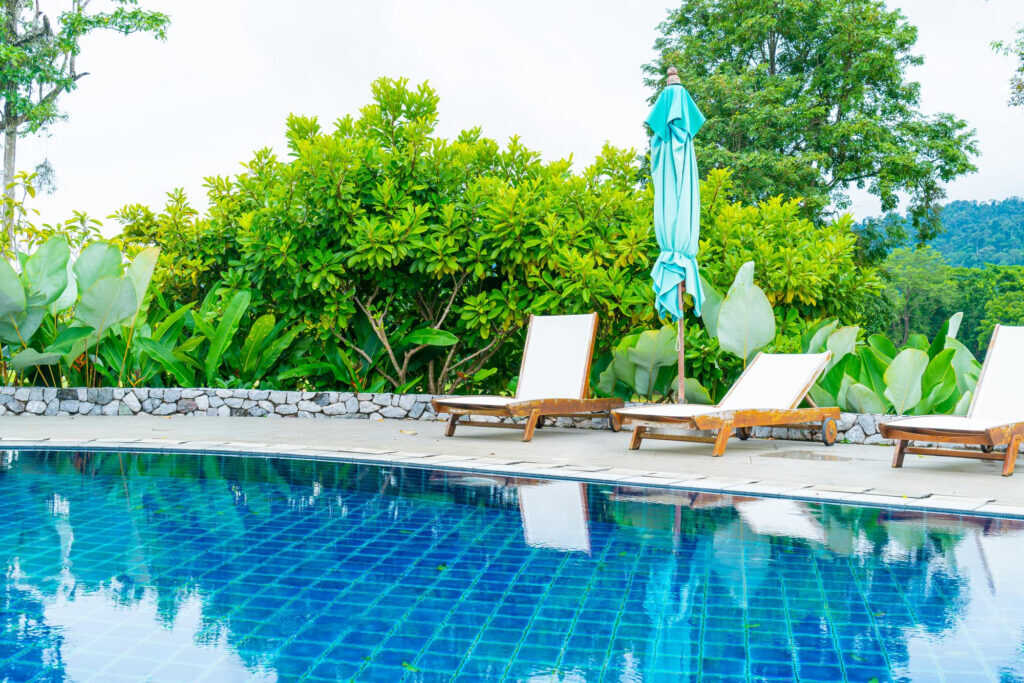Why Circulation Is the Foundation of a Healthy Pool
Discover why maintaining proper circulation is essential for a healthy pool, ensuring cleanliness, safety, and enjoyment all season long.
Why Circulation Is the Foundation of a Healthy Pool
When it comes to pool maintenance, one aspect often stands out as the cornerstone of hygiene and safety—circulation. Proper circulation is not just a technical requirement; it is vital for maintaining a clean, safe, and enjoyable swimming environment. This blog post delves into the significance of pool circulation, exploring its benefits, the mechanisms behind it, and practical strategies for improving your pool’s circulation system. By the end, you will understand how effective circulation can lay the groundwork for an inviting pool experience and why investing in your pool’s circulation is crucial.
In a world where pool ownership can be a significant investment, understanding the essentials of proper maintenance is paramount. Circulation influences water quality, aids in chemical distribution, and enhances the overall aesthetic of your pool. Whether you’re a seasoned pool owner or contemplating your journey into pool service entrepreneurship, this guide will equip you with the insights needed to foster a healthier pool.
The Importance of Water Circulation
Water circulation serves multiple purposes that directly impact the health of your pool. First and foremost, it facilitates the removal of debris and contaminants. Without adequate circulation, particles can settle at the bottom or accumulate on the surface, leading to a breeding ground for algae and bacteria. In fact, studies show that pools with poor circulation have a significantly higher incidence of waterborne illnesses, posing health risks to swimmers.
Moreover, proper circulation aids in distributing chemicals evenly throughout the pool. This uniformity is crucial for maintaining balanced water chemistry, which not only affects the pool’s appearance but also its safety. With consistent circulation, chlorine and other sanitizers can work effectively, keeping pathogens at bay and ensuring that the water remains crystal clear. This is particularly important in regions where pools are used extensively, such as Florida and Texas, where temperature and humidity levels can accelerate algae growth.
Understanding Pool Circulation Systems
To grasp the concept of circulation, it’s essential to comprehend how pool circulation systems function. A typical pool circulation system consists of a pump, filter, skimmer, and return jets. The pump serves as the heart of the system, drawing water from the pool and pushing it through the filter to remove impurities. The skimmer collects surface debris before it sinks, while return jets direct the cleaned water back into the pool.
When considering the effectiveness of your pool’s circulation system, the pump’s size and efficiency play crucial roles. A pump that is too small may struggle to move water efficiently, while an oversized pump can lead to unnecessary energy consumption and noise. For optimal performance, it’s advisable to consult with a pool business broker who can guide you in selecting the right equipment tailored to your pool’s specific needs.
Common Circulation Issues and Solutions
Despite the foundational importance of circulation, many pool owners encounter problems that hinder its effectiveness. Common issues include clogged filters, improper pump function, and insufficient water flow. Clogged filters can restrict water movement, reducing the system’s ability to clean the water effectively. Regularly checking and cleaning your filter can prevent these complications and maintain optimal flow rates.
Another common issue is inadequate water flow due to obstructions in return jets or skimmers. Periodic inspection of these components ensures that they remain clear and function efficiently. Additionally, understanding the flow patterns within your pool can help you identify dead zones where water may not circulate effectively. Implementing strategies such as adjusting the return jet angles can enhance circulation in these areas.
Best Practices for Enhancing Pool Circulation
Implementing best practices for maintaining and enhancing pool circulation can significantly improve water quality. One effective strategy is to run your pool pump for a sufficient duration each day. The general recommendation is to circulate all the water in your pool at least once every 24 hours. This can vary based on pool size and usage, but ensuring consistent circulation is key.
Another effective method is using pool floats and toys wisely. While they are great for recreation, they can disrupt water flow if left in place for long periods. Regularly rearranging or removing these items can help maintain optimal circulation throughout the pool.
The Role of Technology in Pool Circulation
Advancements in technology have led to innovative solutions for enhancing pool circulation. Automated pool cleaners, for instance, not only remove debris but also contribute to water movement, ensuring that every corner of your pool receives adequate circulation. These systems can be particularly beneficial in larger pools or those with intricate shapes where manual cleaning can be a daunting task.
Smart pool technology, such as automated controllers and variable-speed pumps, also allows for more efficient energy use. By optimizing circulation based on real-time pool conditions, these technologies save energy while maintaining the required health standards. Investing in these technologies can not only enhance your pool experience but also reduce long-term maintenance costs.
Maintaining a Healthy Pool: Chemical Balance and Circulation
The relationship between water circulation and chemical balance is symbiotic. Effective circulation ensures that chemicals are distributed evenly, thus enhancing their efficacy. This is particularly important for chlorine, which requires continuous circulation to maintain optimum levels. Furthermore, when circulation is poor, chemicals can settle in specific areas, leading to imbalances that can harm swimmers and damage the pool structure.
Regular testing of water chemistry is essential to gauge the effectiveness of your circulation system. Make it a habit to check the pH levels, chlorine content, and alkalinity at least once a week. This practice not only helps maintain a safe swimming environment but also provides insights into how well your circulation system functions.
Long-term Pool Health: The Impact of Circulation on Longevity
Investing in proper circulation not only impacts the immediate enjoyment of your pool but also its long-term health. A well-circulated pool requires less maintenance and fewer repairs, extending the lifespan of various components like the pump and filter. By ensuring that your pool circulates efficiently, you mitigate issues such as algae growth and equipment failure, ultimately saving you money and enhancing your pool experience.
Moreover, a healthy pool environment fosters better experiences for family and friends. Clean, balanced water not only looks appealing but also provides peace of mind, knowing that everyone can enjoy swimming without concerns about water quality. This aspect becomes particularly important in areas where pools are popular for social gatherings, like in Florida and Texas.
Professional Assistance for Optimal Pool Circulation
If you’re overwhelmed by the intricacies of pool circulation, seeking professional assistance can prove beneficial. Pool service professionals and brokers, such as those at Tower Business Brokers, Inc., can provide invaluable insights into optimizing your pool’s circulation system. They can help you understand your options, from selecting the right equipment to implementing effective maintenance strategies.
Moreover, hiring professionals can alleviate the burden of regular maintenance, allowing you to focus on enjoying your pool rather than worrying about its upkeep. With their expertise, you can ensure that your investment yields maximum returns in terms of enjoyment and longevity.
Conclusion
In conclusion, circulation is undeniably the foundation of a healthy pool. It influences water quality, enhances chemical efficacy, and contributes to the overall enjoyment of your swimming environment. By understanding the importance of circulation and implementing best practices, you can ensure that your pool remains a safe haven for family and friends.
As a pool owner or potential investor in the pool maintenance industry, prioritizing effective circulation should be at the forefront of your maintenance strategy. Remember, a well-circulated pool is not only clean and inviting; it also prolongs the life of your pool and its components. If you’re interested in exploring pool routes for sale, consider partnering with experts who can guide you through the process, ensuring you make informed decisions that align with your goals.
Contact us today to learn more about how to enhance your pool maintenance journey and to explore the various options available for pool routes.









